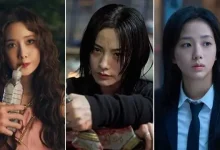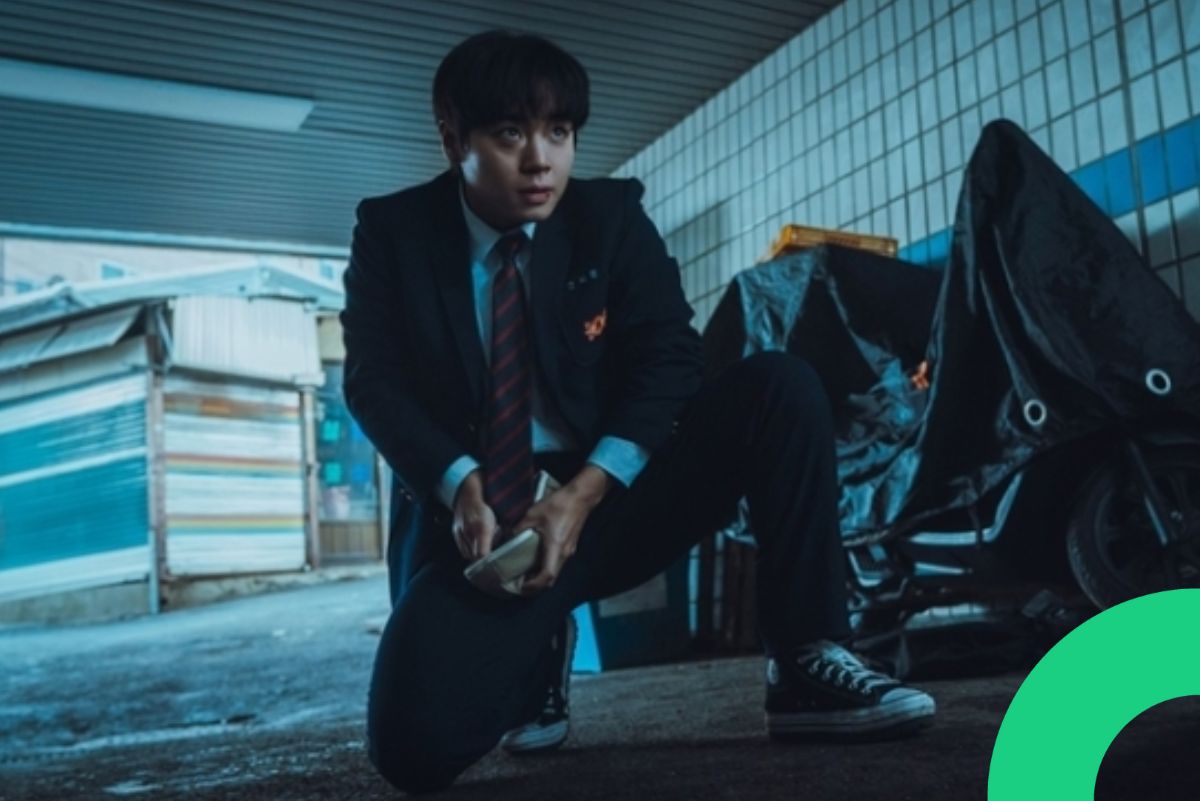
There was a time when the term “idol-turned-actor” almost guaranteed skepticism. Despite their stage charisma, many idols who stepped into acting faced accusations of awkward delivery, flat expressions and poor breath control. Often cast for popularity rather than skill, these stars struggled to meet audience expectations. The term “foot acting” (“bal-yeon-gi” in Korean) — meaning clumsy acting — became a viral jab.
But the tide has turned. Today, it’s increasingly rare to see poor acting from idols in K-dramas. In fact, many now receive genuine praise — not just for effort, but for real talent. What changed?
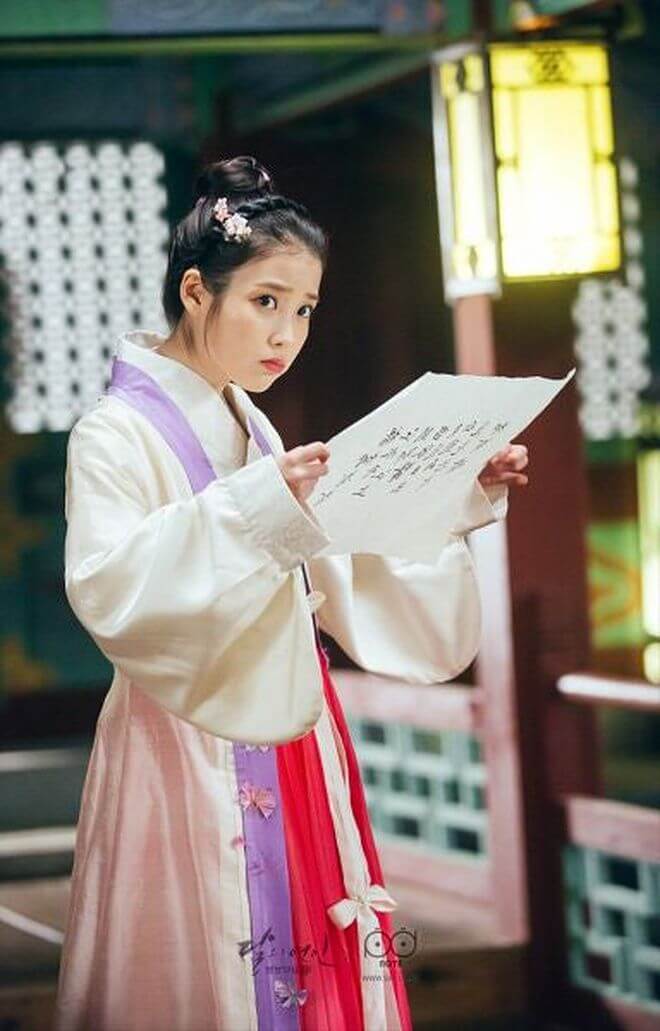
The System Evolved
Behind the shift is a fundamental change in how idols are trained. Modern K-pop trainees don’t just practice singing and dancing — they undergo comprehensive acting instruction long before debut. They learn camera techniques, vocal control and emotional expression through repeated script readings and performance drills.
A representative from one entertainment agency explained, “These days, trainees receive systematic training in on-camera acting. They’re well-prepared before debut, and many idols approach acting with sincere dedication.”
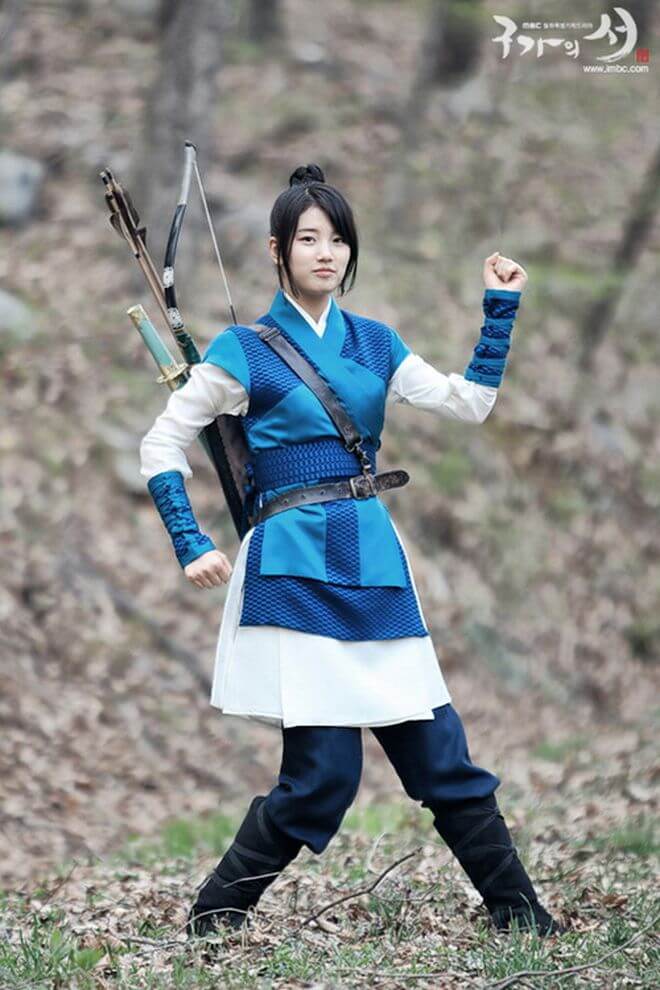
With idols often facing short career lifespans, acting has become a natural extension or even a fallback. It’s not a side job anymore — it’s part of the plan. The rise of “all-rounder” idols reflects the market’s demand for versatility and sustainability.
The Industry Standard Changed
Another key reason? Casting criteria have shifted. In the past, production companies often prioritized buzz and international fanbase over ability. But that approach no longer holds.
“If someone lacks acting skills, it’s obvious right away,” said one drama producer. “The audience has become more discerning. Just being popular isn’t enough — we now look for people who have both star power and acting chops.”
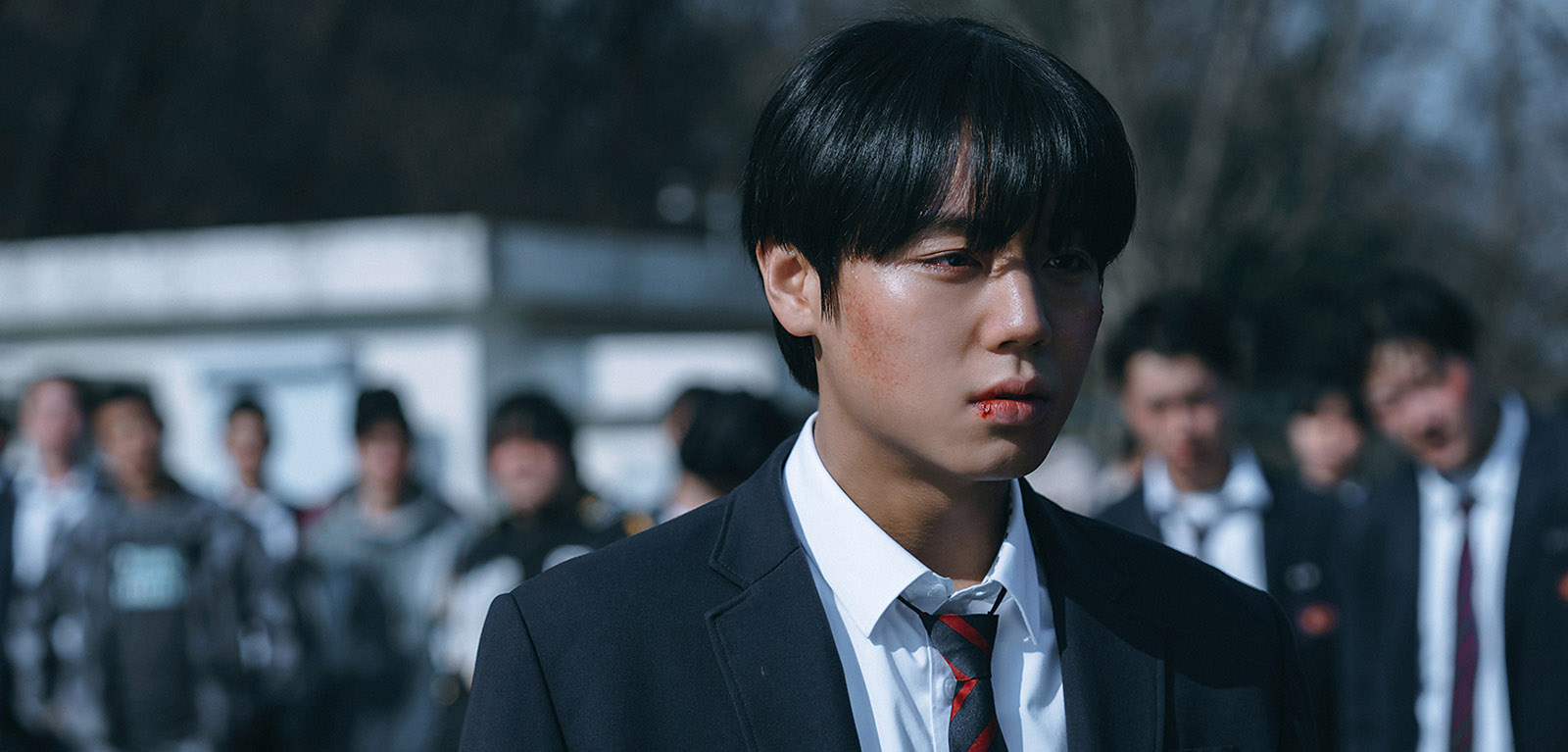
This new standard has created a new generation of idol actors who are fully prepared — and fully respected.
Success Stories Redefining the Stereotype
Names like Im Si-wan (ZE:A), Lee Jun-young (U-KISS) and Park Ji-hoon (Wanna One) now represent a new breed of idol actors. From Emergency Declaration to D.P. to Weak Hero Class 1, their performances have earned both critical acclaim and fan devotion.

On the female side, Nana (After School), Jung Eun-ji (Apink) and Han Sun-hwa (Secret) have each carved out solid reputations. From The Good Wife to Mask Girl to Work Later, Drink Now, they’ve proven they’re more than just pretty faces — they’re actresses with emotional range and screen presence.

Cultural critic Ha Jae-geun summed it up well:
“Idol actors today take acting much more seriously than before. Their foundational training is stronger, and we’re seeing more of them handle serious roles with sincerity and skill. As a result, they’re no longer controversial choices — they’re often the highlight of the production.”
From once being punchlines to now being praised, idol actors are no longer K-drama’s weakest link. With structured training, raised expectations and a more competitive industry, they’ve rewritten the narrative — and proven that idols can be real actors, too.
